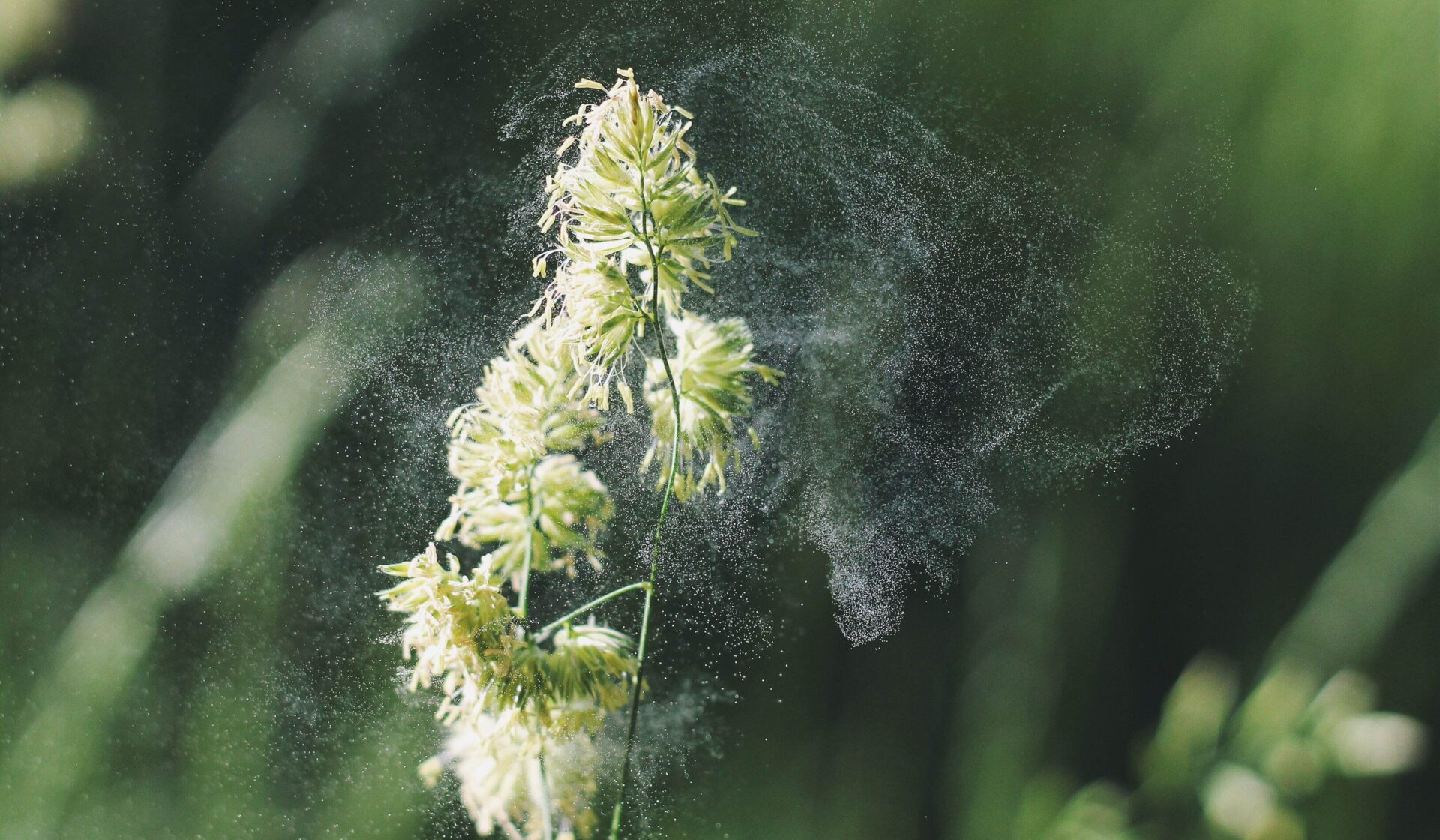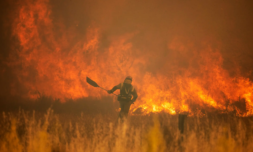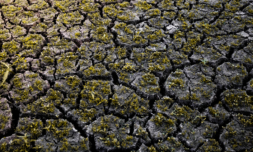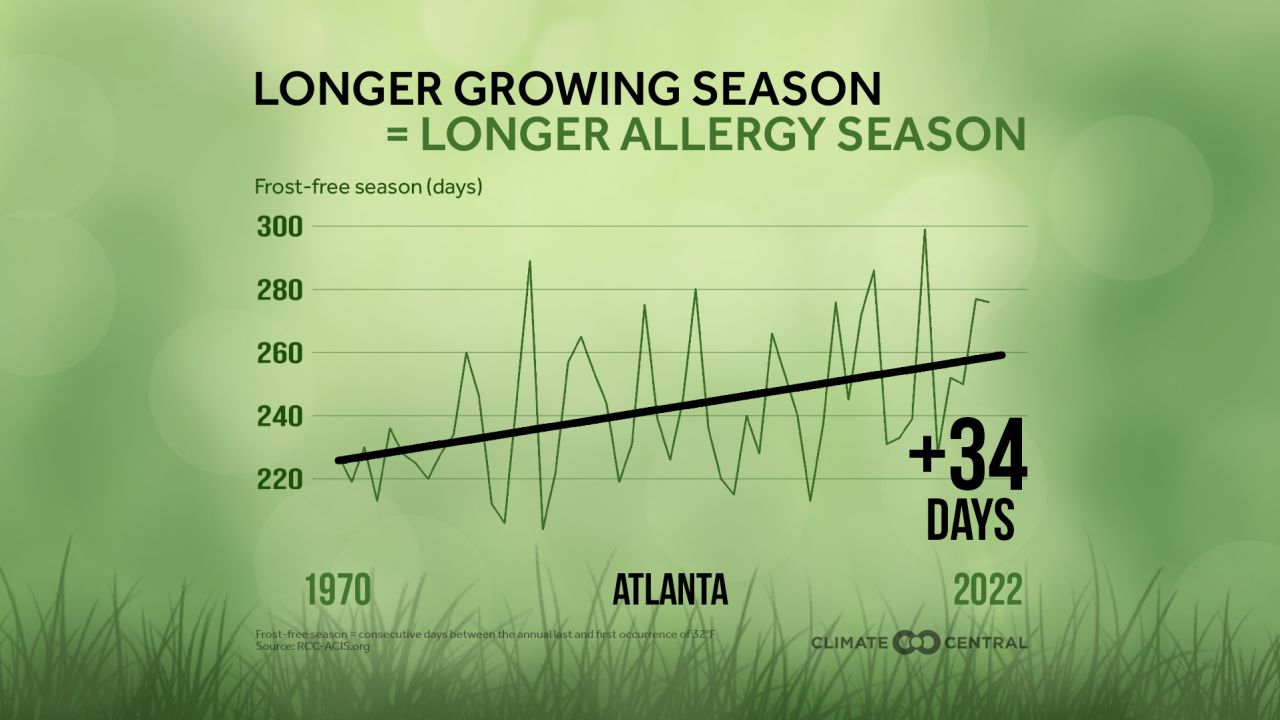As our planet warms, allergy season is starting earlier and lasting longer, with pollen counts in the US already reported to be at ‘extremely high’ levels.
Despite my preference for the hotter months of the year, whenever winter finally ends and spring rolls around, I’m usually filled with dread by what’s to come.
As a long-time sufferer of hay fever, better weather means a bitter sweet amalgamation of actually enjoying the outside and being forced to avoid it at all costs, unless I want my head to feel as though it’s on the verge of exploding.
Unfortunately, until we combat the climate crisis, this is looking to get a whole lot worse.
Due to rising global temperatures, allergy season is starting earlier, lasting longer, and pollen counts are on the up, leading to much worse symptoms for some and new ones altogether for others.
According to scientists, this trend is projected to increase as our planet warms and won’t abate or be reversed without substantial action to reduce carbon emissions worldwide.
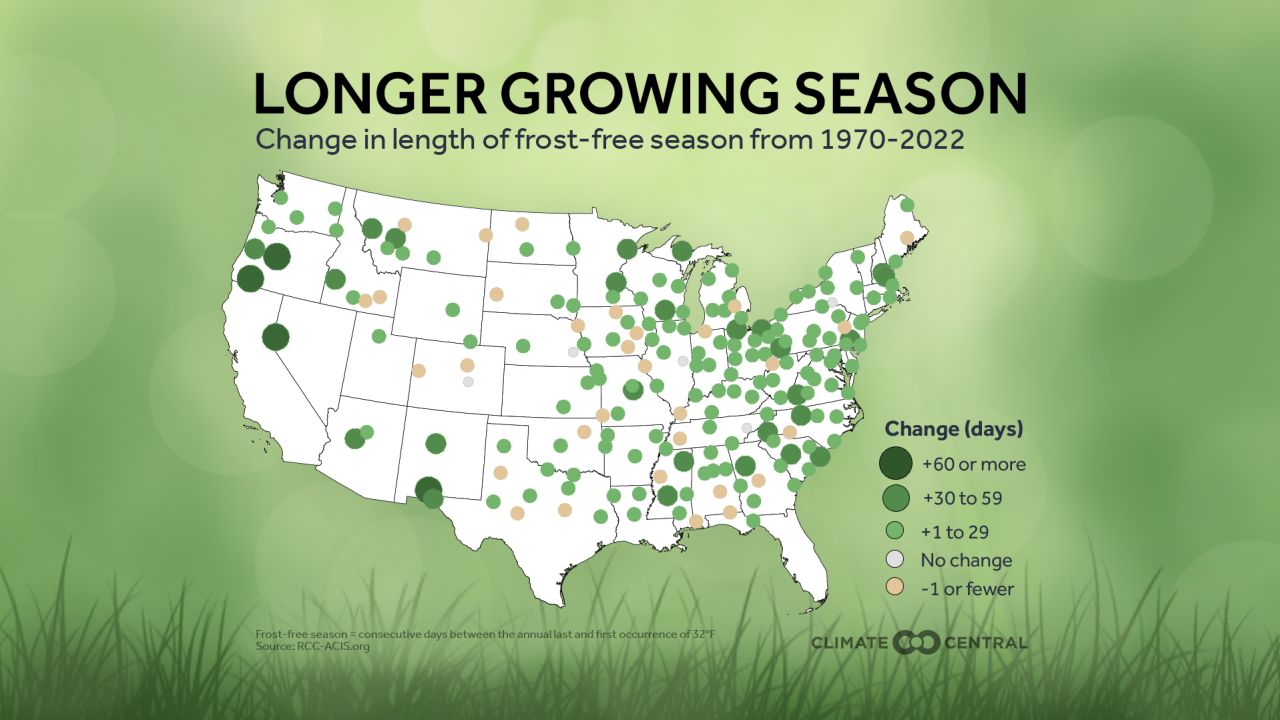
‘The intensity of the symptoms has increased, which means what used to be responsive to maybe just one pill used sporadically now requires absolutely an allergy pill but also a nasal anti-inflammatory steroid spray as well,’ says Dr John Costa, medical director of allergy and clinical immunology at Brigham and Women’s Hospital.
‘You get an increased volume of plant material because the conditions of moisture and warmth are conducive to greater plant growth, and the greater plant growth means that we are going to have more pollen.’









